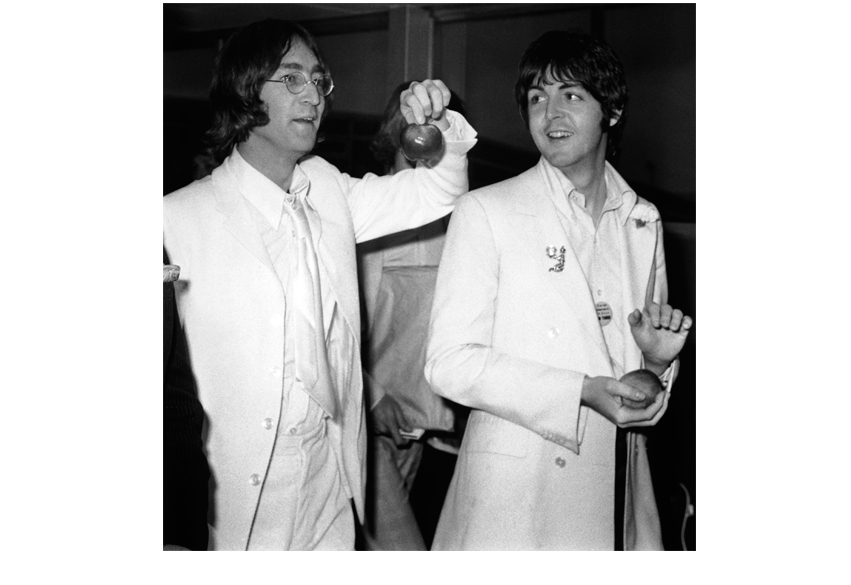Born in the same year as John Lennon (1940), I was a sucker for the Beatles from the start. They were the accompaniment of my youth, love’s obbligato. I liked their music because it replaced the raw animality of rock ‘n’ roll with sophisticated melody. I think Schubert would have been proud to have composed ‘Yesterday’ or ‘Hey Jude’.
Also, unlike most of the rock ‘n’ roll hunks, the Beatles were skinny. So was I — grievously thin — and it was a relief that we skeletons could now come out of the cupboard. In the early photographs of the Fab Four, wearing the monkey-suits their manager Brian Epstein insisted on, they look quite tame; but their hair was already long enough to outrage rednecks. ‘Mop Tops’ was the gibe of the moment. Like the term ‘Impressionists’ around 1874, it was accepted as a compliment, a badge of honour.
I was in a taxi from JFK airport to New York in 1980 when the driver told me that Lennon had been shot. Of course I was sorry; but I had never much taken to Lennon. I saw him as the boy who would have bullied me at school. (Recently his son Sean said: ‘He sang a lot about love, but he didn’t spare much for me.’) In the first five years of our lives, Hitler was trying to get both of us with bombs and doodle-bugs. In Lennon’s case, Mark David Chapman succeeded where the Luftwaffe failed.
Paul McCartney had (still has) the choirboy-with-hooded-eyes look. George Harrison was a handsome reg’lar guy — Matthew Parris has recorded a youthful crush on him. And Ringo Starr was the endearingly ugly one with the big hooter.
When I first saw this massive tome I thought: Fashion? Beatles? Isn’t it missing the point to treat them just as clothes horses? But a trip (I use the word advisedly) through its lavish pages soon showed me it was a valid approach. How slavishly the Beautiful People of the Sixties — those celebrated in the 1969 book Goodbye Baby and Amen — followed the Beatles’ sartorial whims, from leathers to collarless jackets to military uniforms in the Sergeant Pepper phase, to Lennon’s fondness for white, to seersucker in Harrison’s Ravi Shankar period and the group’s generally dopey (in both senses) adherence to the Maharishi, with his Delphic pronouncements and his 40 Rolls -Royces.
As I say, I was a sucker for the Beatles — but I wasn’t for seersucker.






Comments